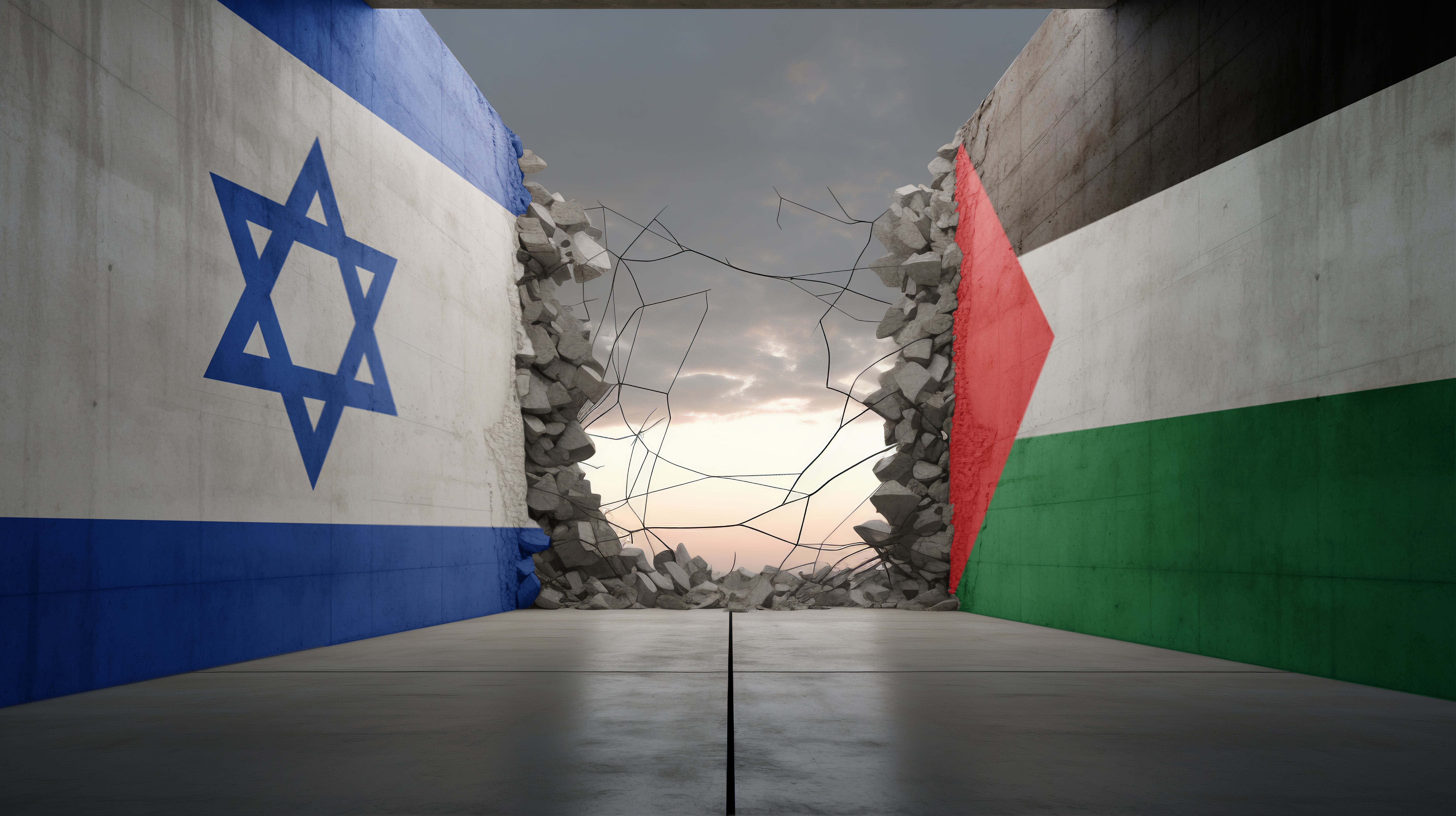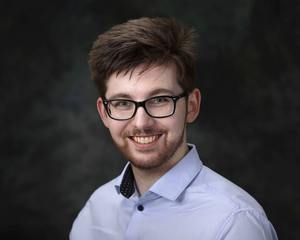Israeli–Palestinian Conflict
Personal thoughts following October 7th 2023 and beyond.

A recent article of mine was published where I expressed my personal views on the Israel-Palestine conflict. Given the humanitarian impacts, I wanted to share my thoughts here:
Personal Statement
In a time when unity is needed to resolve the Israel-Palestine conflict, it can seem as though the world is divided.
War and the commission of war crimes affecting both innocent Israelis and Palestinians are violations of human rights with far-reaching consequences for humanity: from mental and physical health to quality of life and general well-being.
In writing this, I intend to acknowledge the humanitarian consequences of such atrocities without making comparisons between the sufferings of one group and those of another.
We know as mental health practitioners that trauma affects people long after an incident has occurred. Extensive research has demonstrated that violence and trauma have both immediate and long-term psychological consequences. These repercussions are felt not only by those targeted, but those all around the world who have family or loved ones in the devastated region, as well as others who are worried about the larger consequences of war.
Although the Israeli-Palestinian conflict dates back to 1948, society has witnessed an increase in the number of recorded Antisemitic and Islamophobic incidents in the month after Hamas attacked Israel on October 7th, followed by the war, when compared to the same time last year. The effects of Antisemitism and Islamophobia, raises concerns about the safety and well-being of all Israelis and Palestinians affected by certain segments of societies escalating hate and violence.
One may argue that if words are manifestations of the unconscious; the more hateful words that are spoken, the more these serve as warning signs of societal deterioration. Such prejudice is symptomatic of a deeper issue harming the fabric of society.
I'm sure we share hope that those in positions of authority/power can advocate and achieve a peaceful resolution, supporting all efforts to defend and preserve all human lives throughout this crisis.
But beyond this, I hope that once the physical threat of war is removed, the psychological needs of those impacted will not be overlooked, since what makes an event traumatic is not the event itself, but the impact it had in us.
In a Psychological context, depriving someone of their freedom can have an impact of suffering comparable to physical harm. To heal, a society and people must be free of fear and violence.
As we witness distressing events unfold in various regions, the need of actively pursuing peace and harmony in our own lives to support people in need in our communities is clear. This never-ending quest for peace seems to challenge us to learn more about ourselves, others, and the world.
Nonetheless, I recognise that my words may fall short of people's expectations. But I wanted to use this space to express support for the innocent people of Israel and Palestine, as well as others who have suffered in wars and acts of violence throughout the world, because we are all of one blood.
As mental health professionals, I feel we have a moral obligation to see and hear all those in need, for “peace is the only battle worth waging” (Albert Camus).
Thank you for reading.
(All views and opinions are personal to the author Andy Kidd).

Resources
Supporting people through the trauma of war:
Multilingual/Non-English Speaking Resources (in 36 languages)
If someone is experiencing antisemitism or islamophobia, the following sites for reporting may be helpful:
